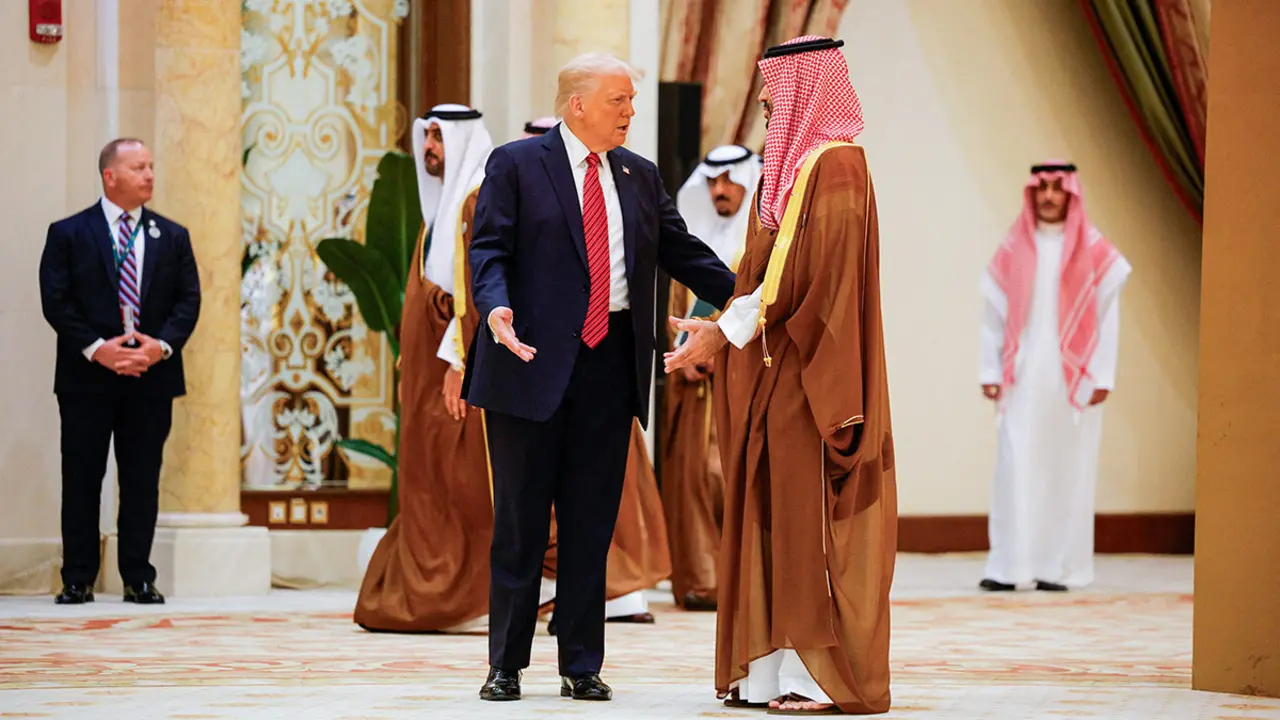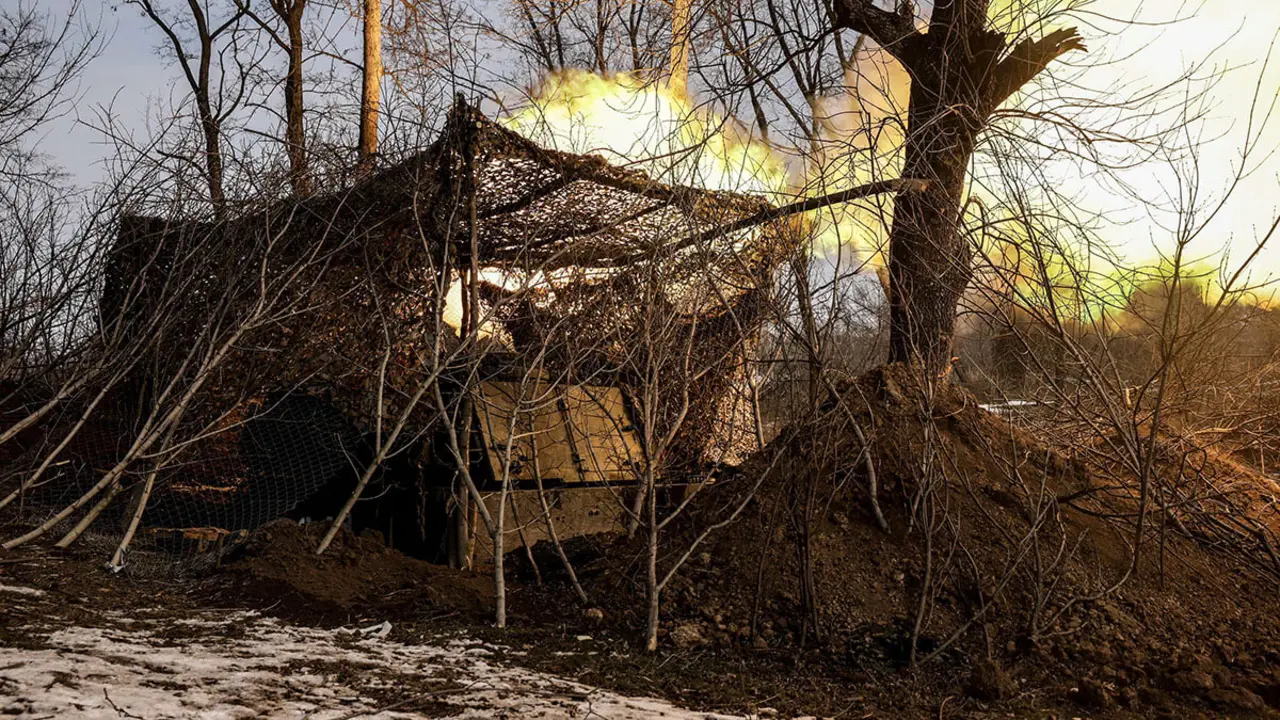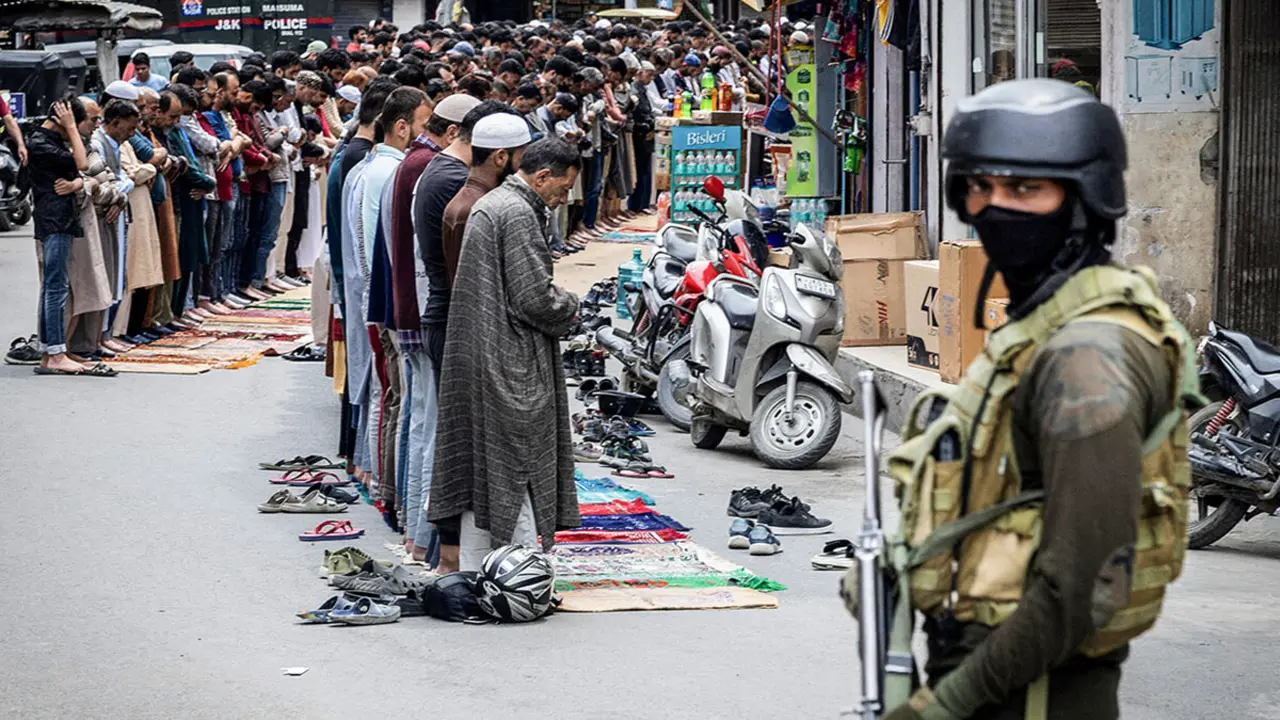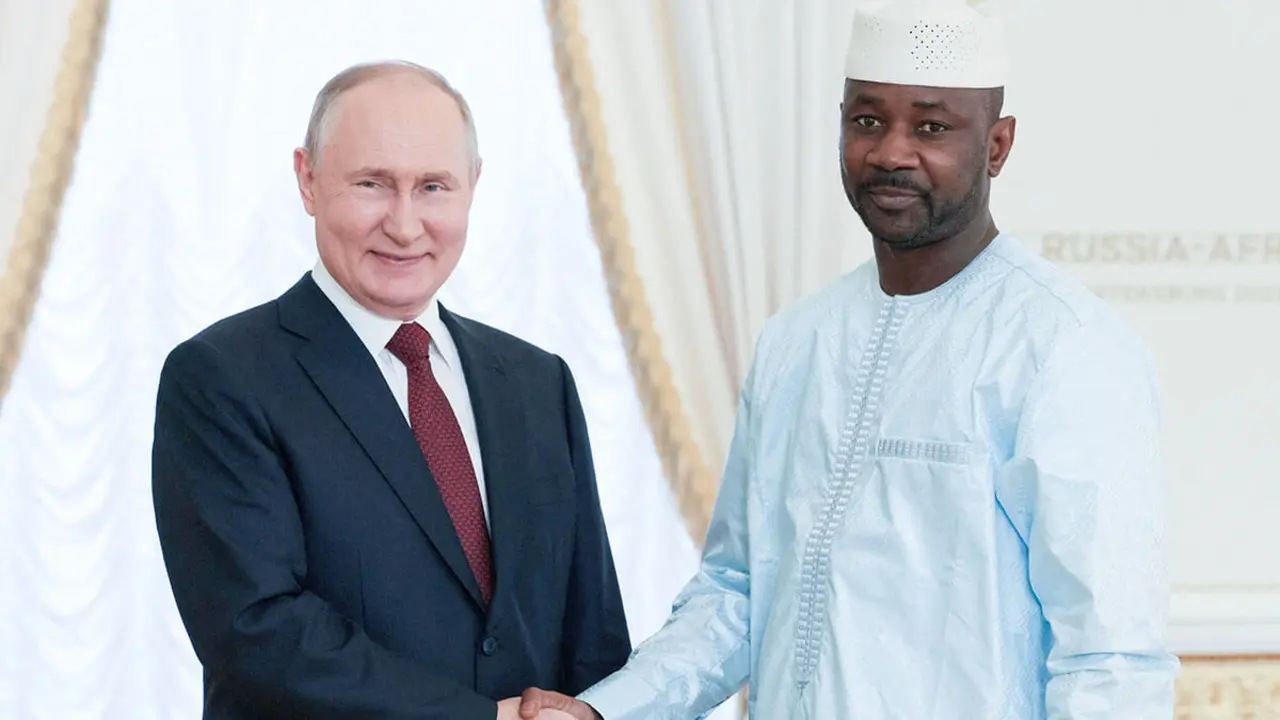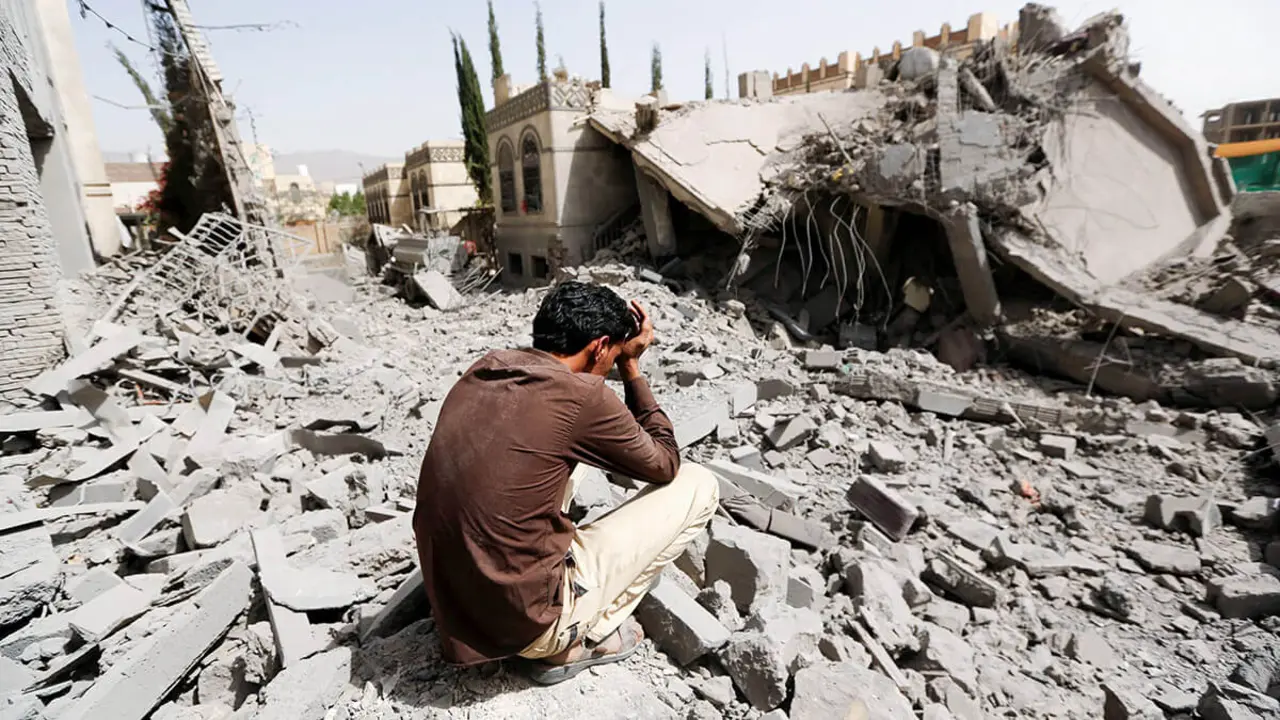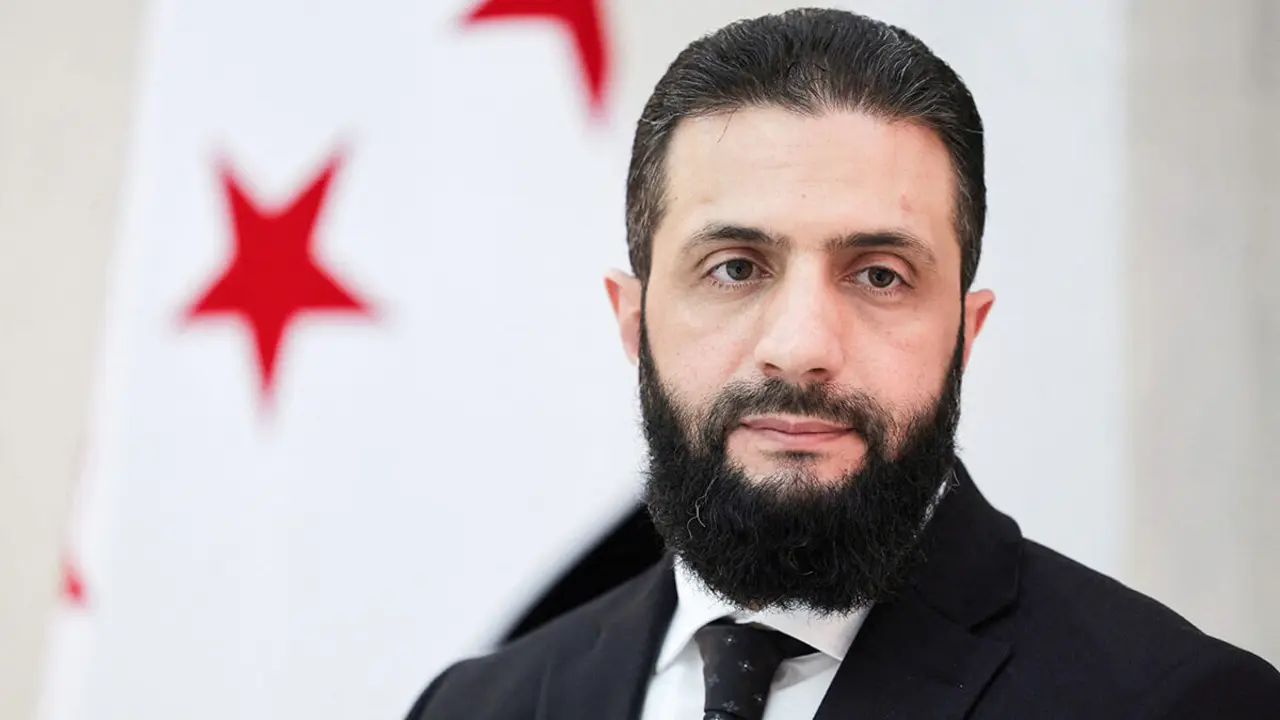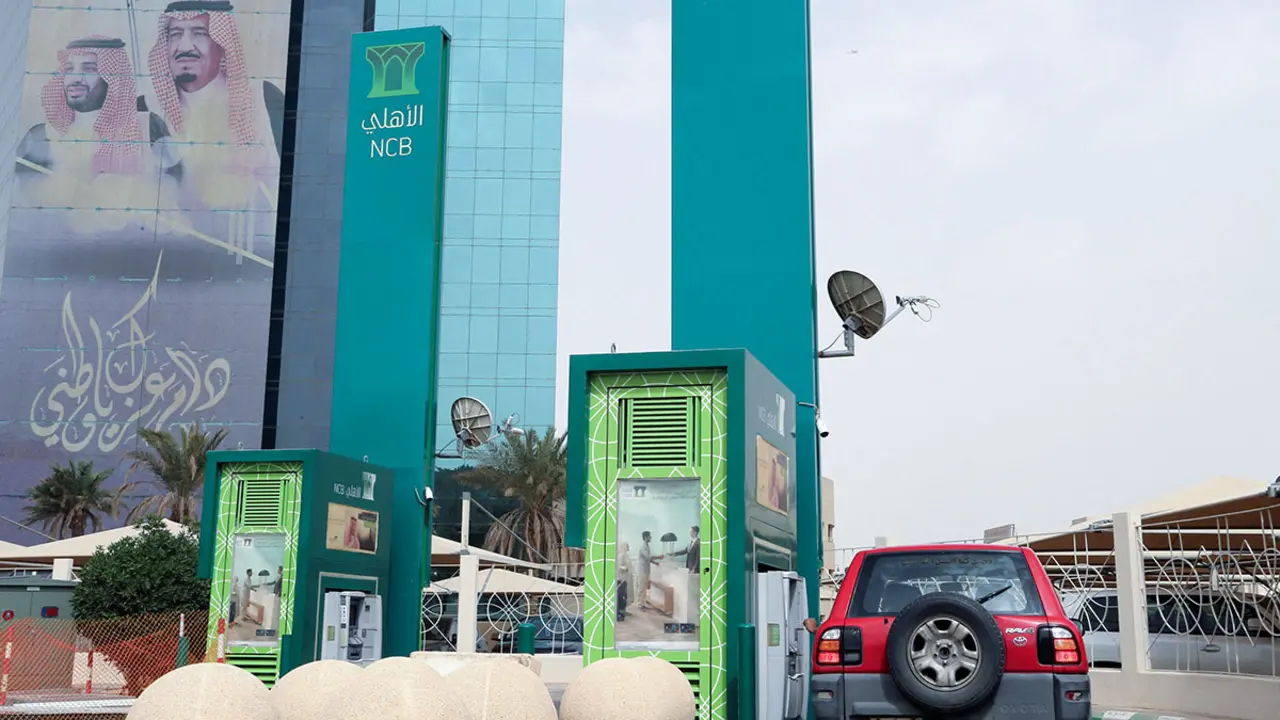France, decisive "momentum" for Moroccan Sahara

Morocco has shown its cards to all those who want to strengthen diplomatic ties with the Alawis. The Western Sahara portfolio is fundamental, basic to establishing strong ties with the Moroccan kingdom. And France is no exception. The good relations that have historically united Paris and Rabat, despite the recent somewhat more tense years, require a step forward that partners such as the United States and Spain have already taken, such as recognising the proposal for Sahrawi autonomy under Moroccan sovereignty.
- A decisive step forward in Morocco-France relations
- Forget diplomatic disputes
- The time to unbalance the scales
- A conciliatory lunch at the Elysée Palace
- A personal issue
- Lecourtier pushes for recognition of the Moroccan Sahara
A decisive step forward in Morocco-France relations
This is what it would mean for both countries. A radical change, whether for recognition or not. And it is because time is running out, because the situation around the world is becoming increasingly unstable, and because Morocco wants to leave Algeria behind for good, if it has not already done so in the struggle for regional leadership. Hence, France's decision, or rather its announcement, which many assume will be favourable to Moroccan interests, is imminent, or at least is expected to be.
France is taking steps in that direction. The trip of five French ministers to various Moroccan cities in April will be the definitive sign of reconciliation. The "exceptional bond" that unites the two countries, which the deputy spokesman for the French Ministry of Europe and Foreign Affairs spoke of, will be reinforced by the visits of ministers such as the delegate for Foreign Trade, Franck Riester, who was the first to arrive in Morocco yesterday, the interior minister, Gérald Darmanin, and the agriculture minister, Marc Fesneau, who will follow in the footsteps of the leader of the foreign ministry, Stéphane Séjourné, who travelled to Rabat in February of this year.

France has already made its position clear through acts of rapprochement towards the big step that Morocco craves. Paris, along with 12 other members of the UN Security Council, voted in favour of a resolution supporting Morocco's position on the Sahara issue, with Russia and Kenya abstaining. The work of the UN Mission for the Referendum in Western Sahara (MINURSO) in the region has thus been renewed for another year.
But Rabat is aware that this is not enough. If its closest partners, as evidenced by the United States and Spain, among others, recognise the Sahara as Moroccan, France cannot be less so. At least if it wants to remain part of Rabat's cast of strong partners. Because Morocco knows that there can be no middle ground in this dossier; the diplomatic funambulism in which Emmanuel Macron is an expert has no place here. They must take a step, and they must take it as soon as possible.
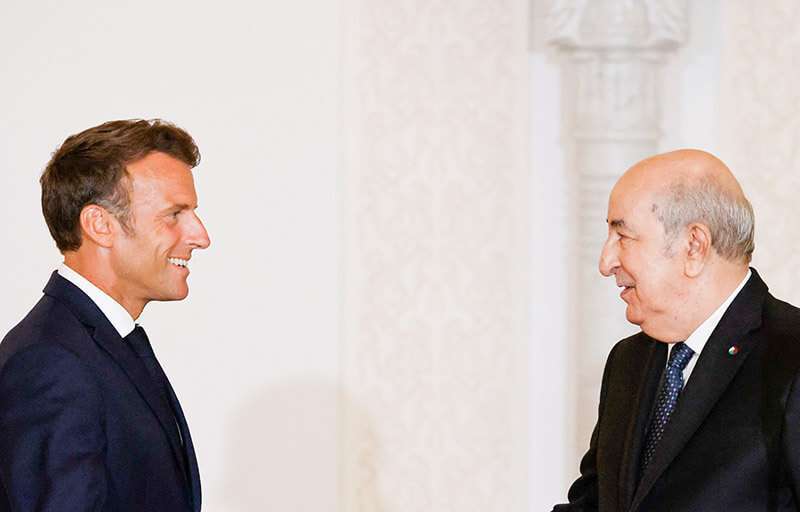
Forget diplomatic disputes
Morocco is adamant on this issue and does not intend to stop. It is up to France to make up for the ground it has lost as a result of the loopholes it opened with, for example, visa restrictions for citizens from the Maghreb region in September 2021. This was one of the reasons that pushed Rabat to solidify its already good relations with other European countries, such as the UK.
Over the last decade, the Moroccan-British partnership has grown exponentially and, although it does not share the historical and cultural ties with France, it has emerged as one of the Alawi kingdom's strongest partners. This is similar to what has happened with Spain, one of Morocco's closest allies, due in large part precisely to the recognition of the Sahara as Moroccan.
Now it is France's turn to make people forget a series of attitudes that alienated it from the Moroccans. And in this sense, distancing itself from Algeria is implicit, although it does not seem too complicated in view of the latest moves between Paris and Algiers. Although since Macron's arrival, the Elysée has made great efforts to improve its relations with the country presided over by Abdelmajdid Tebboune, the Algerian crisis, which has been raging for months, has pushed France to prioritise Morocco, which is expected to materialise fully with the recognition of the Sahara.
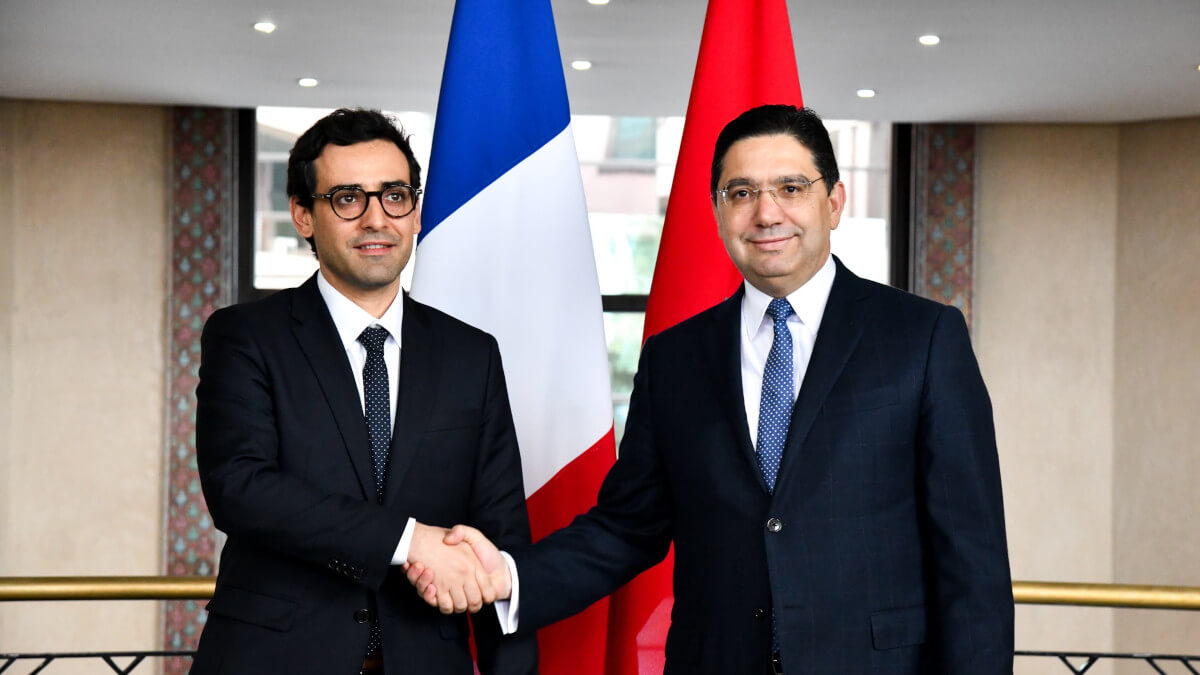
The time to unbalance the scales
"Morocco can count on France to defend its national priorities today and tomorrow", says French Foreign Minister Stéphane Séjouré. France wants to show a closer face towards Rabat, but if words are not turned into deeds, they will be of little use. For some time now, Paris has been listening to the Moroccans, but without taking the definitive step that would end up unbalancing the balance of power in North Africa.
Efforts to remain close to Morocco and Algeria, though not to the point of falling on deaf ears, must reach a turning point. The rivalry between the two is forcing France to opt for one of them and, if all goes according to plan, the decision seems to have been made. Because the Sahara issue is "existential for Morocco and for the Moroccans" and "France knows it", Séjouré repeats.
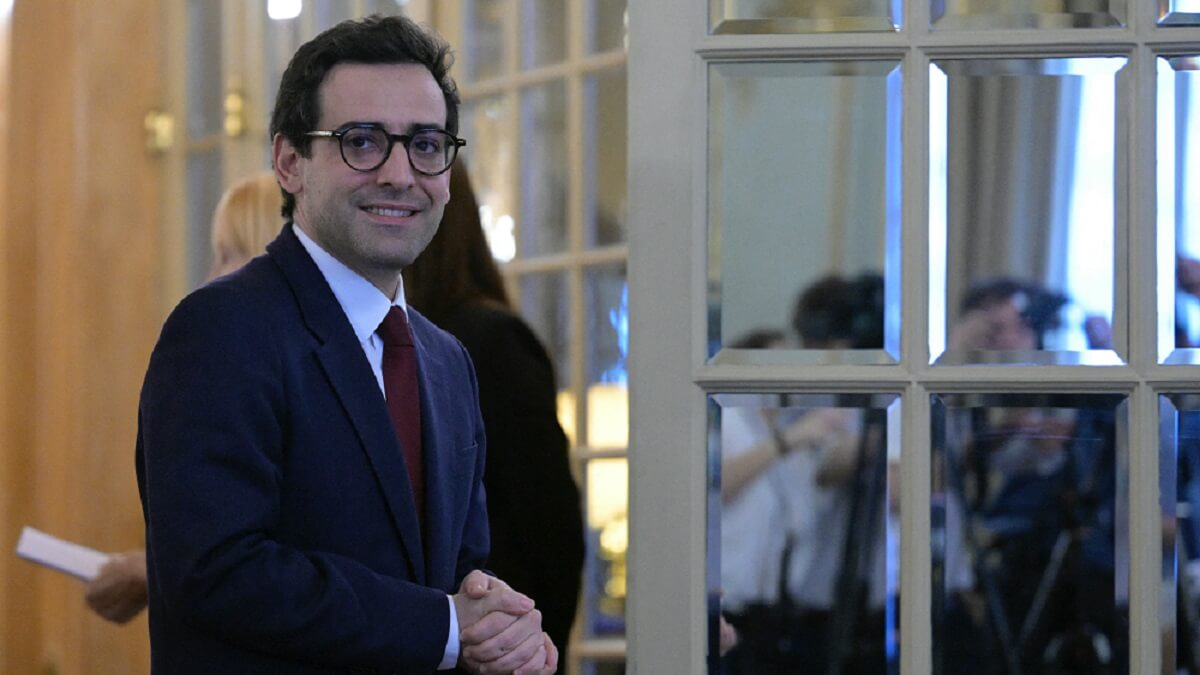
A little less than a month ago, during his trip to the Moroccan capital, the French foreign minister referred to a "just, lasting and acceptable political solution in accordance with Security Council resolutions". He avoided talking about the idea of recognising the Moroccan proposal. When asked about ways to make progress on this dossier, he limited himself to betting on "round tables" between all parties in order to reach a realistic solution.
A conciliatory lunch at the Elysée Palace
The appeasement meetings between the wives and daughters of presidents are not a new strategy, but they are nonetheless effective. At the end of February this year, Moroccan princesses Lalla Meryem, Lalla Asmaa and Lalla Hasnaa visited the Elysée at the invitation of Brigitte Macron, wife of the French president.
The lunch was interpreted as the end of hostilities between the two countries and, above all, the beginning of a prosperous period for both states. Various local media reported that the visit "marked the official end of the silent crisis between the two countries", although it was hardly silent. The crossfire between the French and Moroccan administrations led to a crisis that the French ambassador in Rabat, Christophe Lecourtier, has been working to resolve.
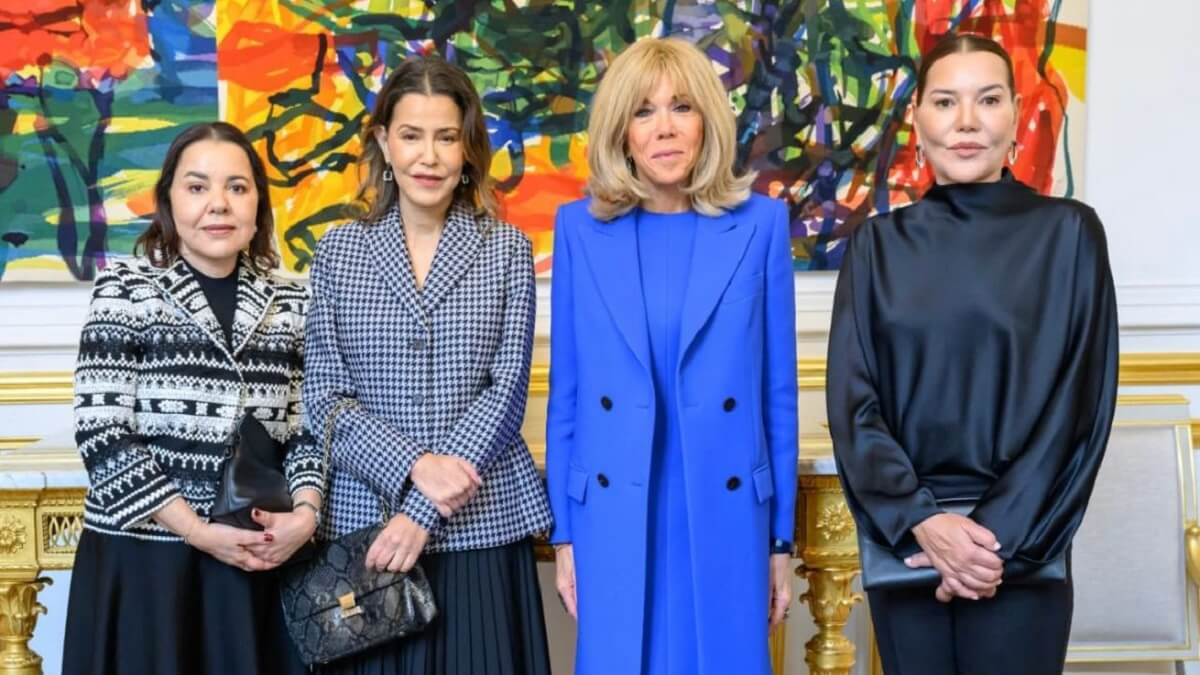
A personal issue
Macron, despite his initial rapprochement with Algeria, knows that his best chance of regaining influence in North Africa is to please Morocco. And not because he has to obey Alawite wishes, but because he knows that he has been guilty of getting too close to an Algeria that has become less and less close and that, especially on the issue of Western Sahara, is becoming more isolated by the day.
While the United States, Germany, the United Arab Emirates, Israel and Spain show their support for the Moroccan plan, Algeria has remained the only state to defend the Polisario Front's opposing proposal, which calls for a referendum on independence for the Sahrawi population. The complexity of that option alienates any possible partner, especially when Morocco's portfolio of partners is increasingly full, largely due to the fact that it has the only viable proposal, at least that has been put forward to date.
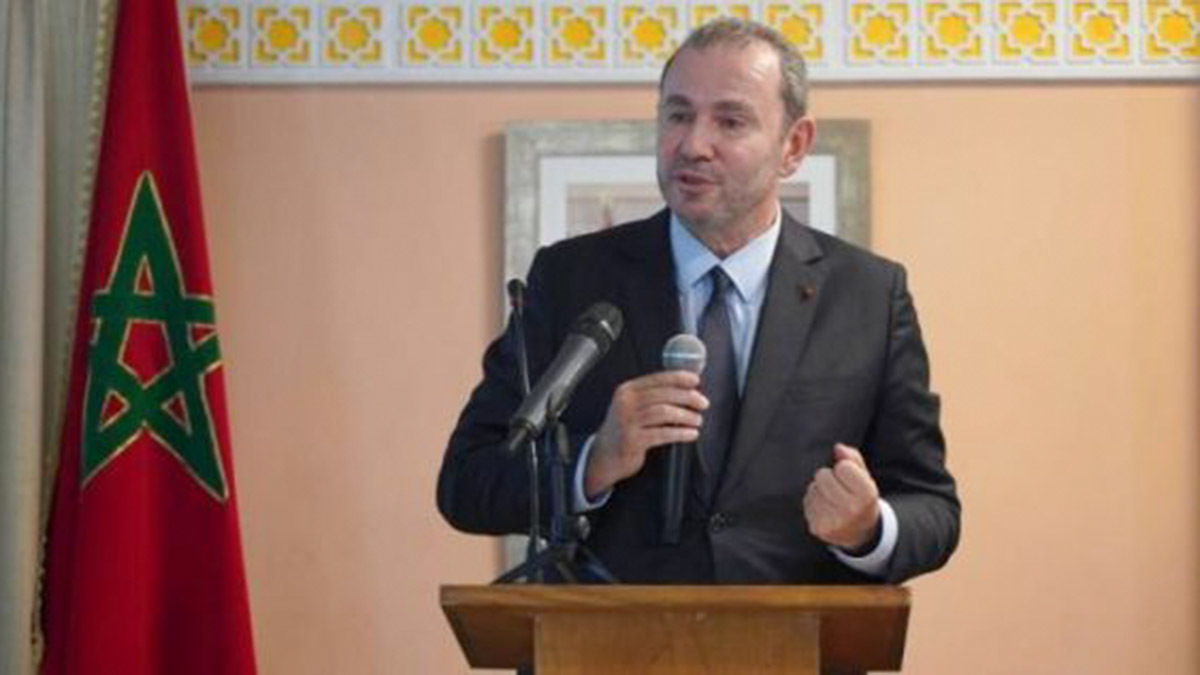
And strengthening this idea definitively depends on France's backing. This backing has become a key issue in Franco-Moroccan relations, which for Stéphane Séjouré has become a "personal matter".
"The President of the Republic asked me personally to invest in the Franco-Moroccan relationship and also to write a new chapter in our relationship. I will go ahead". Stéphane Séjouré, French Foreign Minister
Lecourtier pushes for recognition of the Moroccan Sahara
If there is anyone in French diplomacy who is working for a definitive step forward on the Saharawi question, it is Christophe Lecourtier. The ambassador himself has urged his government to make its position clear. He believes it is necessary to consolidate France's position in the Maghreb, and the timing is perfect. And even if it were not, time is against him, because every day without recognition is a day less of cooperation with Morocco, while other countries are moving closer to Rabat in view of its growth.
Lecourtier referred to the Western Sahara issue in a university lecture in which he noted that "it would be completely illusory and disrespectful to believe that we will build what I hope we can build, brick after brick, to reassure our countries and some other neighbours, without clarifying this issue, knowing that everyone in Paris knows and understands the fundamental nature of the Kingdom, yesterday, today and tomorrow". In this way, he hints at his intentions, which, while positive for Morocco, must have the backing of his government, which continues to delay his announcement for who knows how long.

